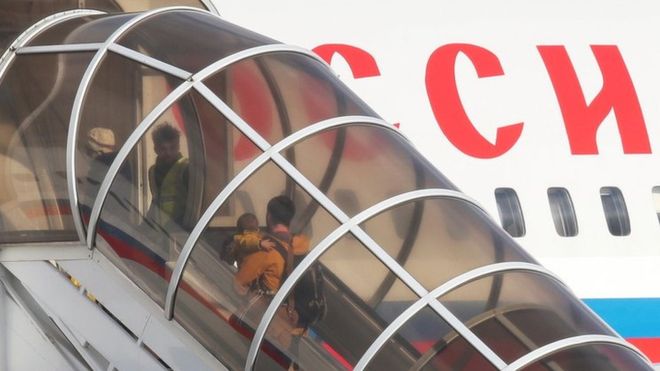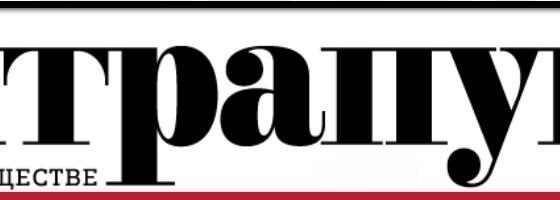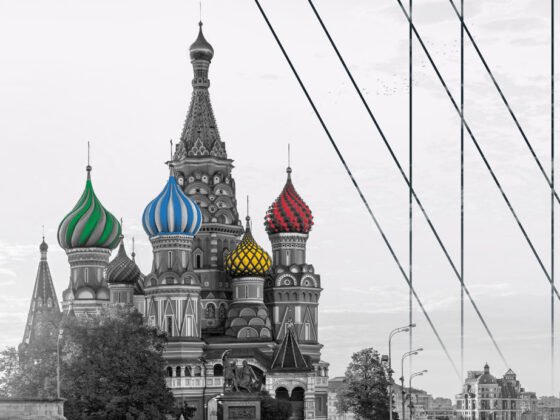(The Conversation) A crisis erupted this week as Russian diplomats were ejected from European countries and the U.S., and Western diplomats were ejected by Russia. The punitive measures were sparked by outrage in the West over alleged Russian involvement in the attempted murder in Britain of a Russian double agent and his daughter.
That’s led some analysts – in Russia and in the West – to describe current Russian relations with the West as a new manifestation of the old Cold War.
Since 2010, President Vladimir Putin’s increasing reliance on a strategy of meddling in the domestic politics of the United States and European Union member states has heightened tensions and stoked fears of a crisis.
But the Cold War metaphor does not apply to today’s international system. My own understanding of the nature and implications of this conflict is based on my work on the evolution of Russian state-society relations between 1990 and 2018.
The “Cold War” refers to the state of permanent crisis that marked the nuclear standoff between the U.S. and the then-Soviet Union and its allies following World War II. […]
Read More © The Conversation











